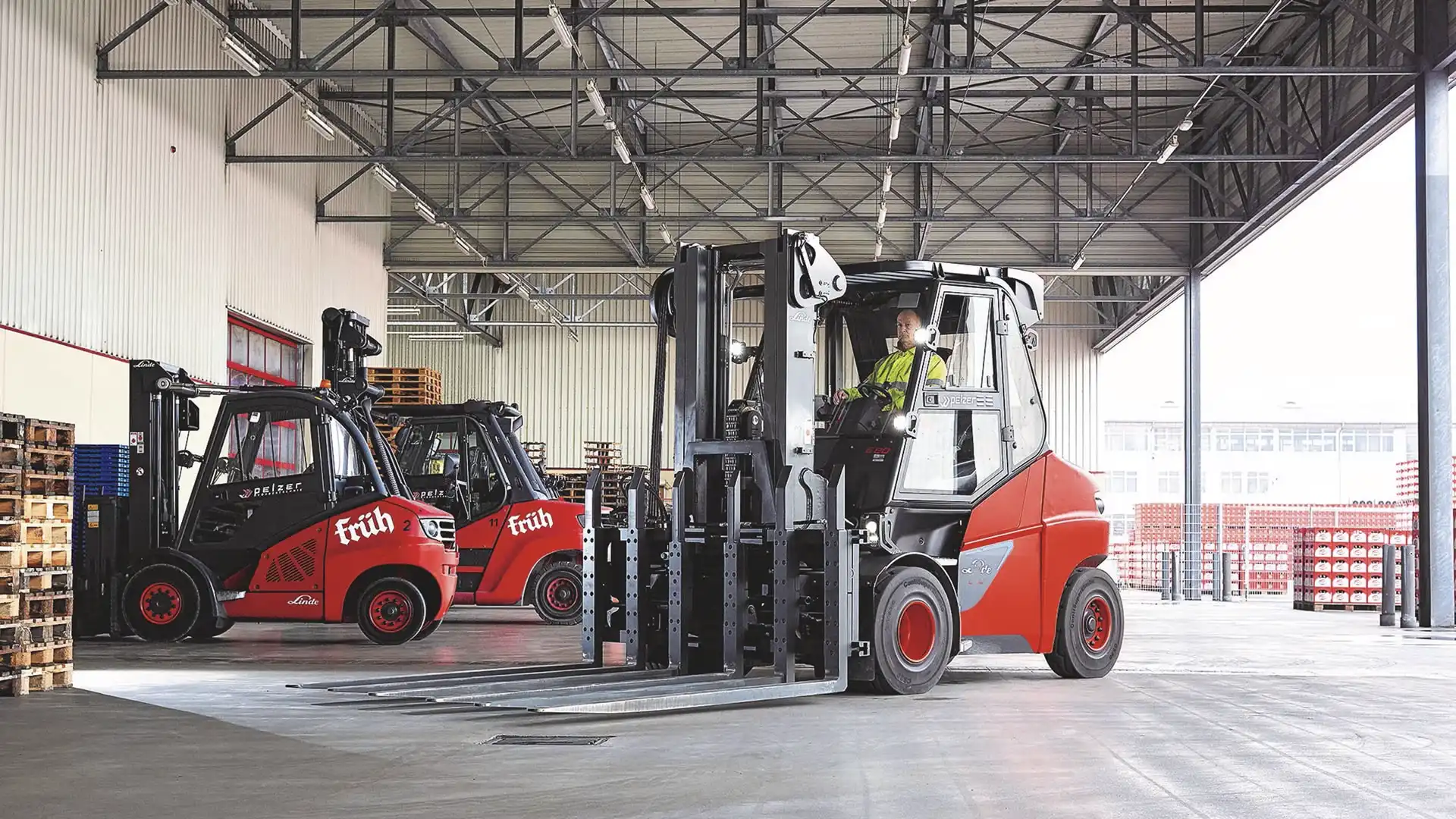Post
Selecting the right forklift truck for your business is crucial for ensuring efficiency, safety, and cost-effectiveness in your operations. With a wide range of options available, it can be challenging to determine which forklift best suits your needs. This article will guide you through the key factors to consider when choosing the best forklift truck for your business.
1. Assess Your Operational Requirements
The first step in choosing a forklift truck is to assess your specific operational requirements. Consider the following questions:
What type of materials will you be handling?
What is the maximum weight and size of the loads?
How high do you need to lift the materials?
What is the layout of your facility, including aisle widths and ceiling heights?
Understanding your operational needs will help you narrow down the options and select a forklift that meets your specific requirements. ForkLift | China Manufacturer Trade price on Materials Handling Fork-lifts Truck, Stackers, Industrial vehicles, Scrubbers, Transporters Sale Buy Online Industrial Equipment in USA/UK/India/Australia/canada | ForkLift/canada | ForkLift
ForkLift | China Manufacturer Trade price on Materials Handling Fork-lifts Truck, Stackers, Industrial vehicles, Scrubbers, Transporters Sale Buy Online Industrial Equipment in USA/UK/India/Australia/canada | ForkLift/canada | ForkLift
2. Determine the Type of Forklift
There are several types of forklifts available, each designed for different applications. Some common types include:
Counterbalance Forklifts: These are the most common type of forklift and are suitable for a wide range of applications. They have a weight at the back to counterbalance the load at the front.
Reach Trucks: Ideal for narrow aisles and high stacking, reach trucks have an extended reach mechanism that allows them to lift loads to greater heights.
Pallet Jacks: These are smaller, manual or electric forklifts used for moving pallets over short distances.
Order Pickers: Designed for picking individual items from racks, order pickers are commonly used in warehouses and distribution centers.
Choose the type of forklift that aligns with your operational needs and the environment in which it will be used.
3. Consider Fuel Options
Forklifts can be powered by different fuel sources, including:
Electric: Electric forklifts are environmentally friendly, produce zero emissions, and are quieter than their internal combustion counterparts. They are ideal for indoor use.
Diesel: Diesel forklifts are powerful and suitable for outdoor use and heavy-duty applications. However, they produce emissions and are not recommended for indoor use.
LPG (Liquefied Petroleum Gas): LPG forklifts offer a balance between electric and diesel forklifts. They can be used both indoors and outdoors and produce fewer emissions than diesel forklifts.
Evaluate the pros and cons of each fuel option and choose the one that best fits your operational environment and sustainability goals.
4. Evaluate Safety Features
Safety should be a top priority when selecting a forklift truck. Look for forklifts equipped with essential safety features, such as:
Overhead Guards: Protect the operator from falling objects.
Seat Belts: Ensure the operator is securely seated.
Backup Alarms: Alert pedestrians and other operators when the forklift is reversing.
Stability Control Systems: Prevent tip-overs and enhance stability during operation.
Investing in a forklift with advanced safety features can help reduce the risk of accidents and improve overall workplace safety.
5. Consider Maintenance and Support
Regular maintenance is essential for keeping your forklift in optimal condition. When choosing a forklift, consider the availability of maintenance services and support from the manufacturer or dealer. Look for forklifts with a good track record of reliability and ease of maintenance. Additionally, consider the availability of spare parts and the cost of repairs.
6. Budget and Total Cost of Ownership
Finally, consider your budget and the total cost of ownership (TCO) when selecting a forklift. The TCO includes the initial purchase price, maintenance costs, fuel costs, and potential downtime. While it may be tempting to choose the cheapest option, investing in a high-quality forklift with lower operating costs and better reliability can save you money in the long run.

komentarze

Opis

Kategorie

Tagi









